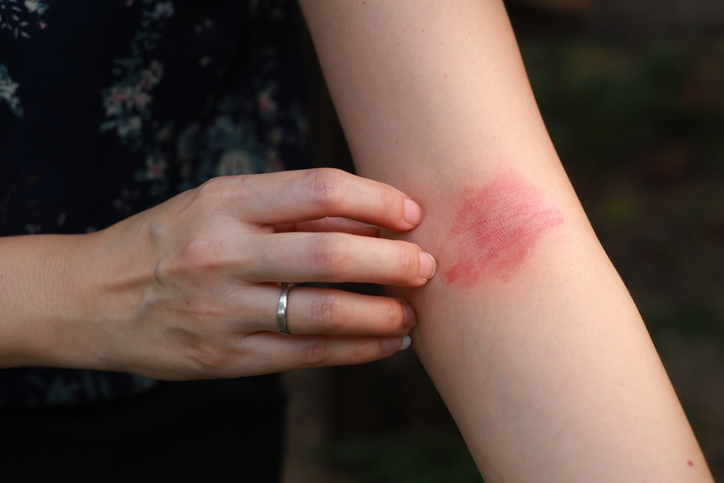
DWN Non-Sponsored
Advertisement
Piperacillin shows promise as a targeted Lyme treatment, clearing infection without harming the gut microbiome.
Ucenprubart, a CD200R antibody, shows early promise for safely reducing inflammation in atopic dermatitis, per new study.
JAK inhibitors show promise for vitiligo treatment, improving skin repigmentation with a favorable safety profile.
Wearables detect sleep changes tied to IBD inflammation—offering a new tool for real-time disease monitoring.
Pollution and climate extremes may raise atopic dermatitis risk in adults.
A parent-focused therapy improved asthma control and ADHD symptoms in kids—while helping caregivers cope.
Digital inhaler data may predict COPD exacerbations up to 14 days early, offering a potential remote monitoring tool.
The low-FODMAP diet demonstrated superior reduction in IBS-SSS, but the Mediterranean diet also provided relief.
Wearable sleep tech offers insights—but are we chasing data over real rest? Dr. Anne Marie Morse weighs in.
SPHK2 and SPNS2 may serve as biomarkers for UC, offering new insights into diagnosis and inflammation control.
α-synuclein PET tracers may transform Parkinson’s diagnosis, tracking, and trials, says Merck’s Robert Drolet, PhD.
Children who received a greater degree of maternal warmth at 3 years had greater perceived social safety at adolescence.
Epilepsy and seizure drug use were significantly more common in patients with FTD vs those with Alzheimer’s.
SLL-1-43, a selenium compound, reduced colitis symptoms in mice by targeting NOX2 and easing inflammation, oxidative stress.
Tiny particles in cow colostrum reduced eczema symptoms in mice, pointing to a potential new natural therapy.
Advertisement

















 © 2025 Mashup Media, LLC, a Formedics Property. All Rights Reserved.
© 2025 Mashup Media, LLC, a Formedics Property. All Rights Reserved.